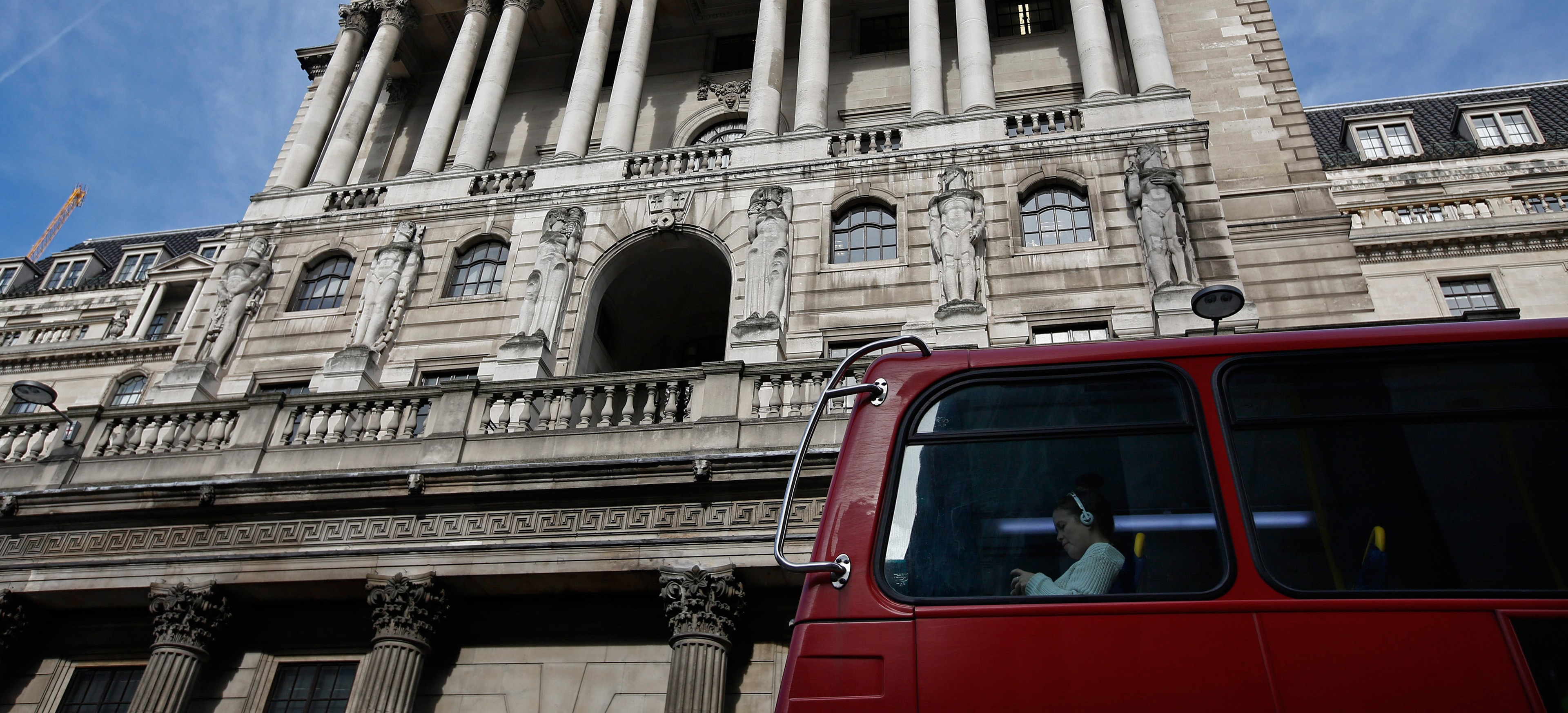A group of British financial watchdogs have just published the Fair and Effective Markets Review Final Report, an official paper which sets out 21 recommendations to help restore trust in the wholesale Fixed Income, Currency and Commodity (FICC) markets.
The Fair and Effective Markets Review is a collaboration between the Bank of England, the Treasury and the Financial Conduct Authority (FCA). It has been ongoing for the past year after growing calls from the public for regulators to stop institutional practices many see as unfair to the average person. Beyond the infamous FX manipulation scandal, issues such as front-running and last-look raised concerns with clients about their brokers' intentions.
The regulators admit that the scale of misconduct seen in recent years has damaged public trust and impaired the effectiveness of the markets. The report says that a lack of firm governance and controls, acceptable standards of market practice and a culture of impunity have all contributed to a process of ‘ethical drift’, leading to huge fines, reputational damage, diversion of management resources and the reining in of productive risk taking. The Review’s recommendations are aimed at restoring trust and fairness in the markets, while also boosting their overall effectiveness.
The Review is centred on four principles. Firstly, individuals must be held accountable for their own conduct. Secondly, firms must take greater collective responsibility for market practices. Thirdly, regulators should close gaps in regulatory coverage and broaden the regime holding senior management to account. And, fourthly, given the global nature of these markets, coordinated international action should be taken wherever possible to improve fairness and effectiveness.
Selected Recommendations:
- Extending UK criminal sanctions for market abuse to a wider range of FICC instruments and lengthening the maximum sentence from 7 to 10 years’ imprisonment.
- Creating a new FICC Market Standards Board with participation from a broad cross-section of firms and end users and, involving regular dialogue with the public authorities, to address areas of uncertainty in trading practices and promote adherence to standards.
- Extending elements of the Senior Managers and Certification Regimes to a wider range of regulated firms active in FICC markets.
- Creating a new statutory civil and criminal market abuse regime for spot foreign exchange, drawing on the international work on a global code.
- Agreeing on a single global FX code providing a comprehensive set of principles to govern trading practices around market integrity, information handling, treatment of counterparties and standards for venue – as well as stronger mechanisms to ensure market participants adhere to that code.
Market Reception
Marshall Bailey, President, ACI Financial Markets Association, welcomed the recommendations and commented on last-look: “The reality is that customer preferences vary – and ‘last look’ can, at times, be an acceptable and effective form of execution. For example, some might prefer as tight a price as possible, accepting a potentially higher rejection rate through ‘last look,’ whilst others might prefer certainty of execution at a different price.
However, participants should take steps to ensure that provision of ‘last look’ Liquidity does not create a false impression of market levels or depth. Under no circumstances should orders with ‘last look’ be placed for the purpose of price discovery and with no intention to trade, and use of electronic algorithms solely to accept trades that are favourable, and reject non-favourable deals when the criteria for assessing are equal, should be avoided completely."
He added: “The onus is on dealers employing ‘last look’ to be fully transparent and ensure customers are made aware that the practice is in use, the subsequent consequences are explained and that accurate records are kept on fill-and-reject ratios to demonstrate compliance. Having been fully apprised of the pros and cons of ‘last look’, customers should be in a position to decide to trade or not using “last look” pricing, in line with their own requirements and execution style. The ACI’s Model Code provides clear guidance on how ’last look’ practices should be used by Liquidity Providers and the information that must be provided to customers in order to maintain a transparent and fair operation.”
Criminals Will Be Treated as Such
In his annual Mansion House speech this evening, the Chancellor of the Exchequer said: "The public rightly asks why it is that after so many scandals, and such cost to the country, so few individuals have faced punishment in the courts. The Governor and I agree: Individuals who fraudulently manipulate markets and commit financial crime should be treated like the criminals they are – and they will be.
For let us be clear: there is no trade-off between high standards of conduct and competitiveness. Far from it. Implementing the reforms set out in this Review will ensure trust in our markets and strengthen London’s global leadership position.”
Martin Wheatley, Chief Executive of the FCA, said: “These markets are central to our economy and today’s recommendations will be important in rebuilding public trust in their integrity. Domestic regulatory reform is only one piece of the puzzle. Driving up global standards needs international cooperation between regulators, but confidence is underpinned by the behaviour of the firms and individuals active in them. We will know the review has truly succeeded when we see these changes being embraced at every level in industry.”






















